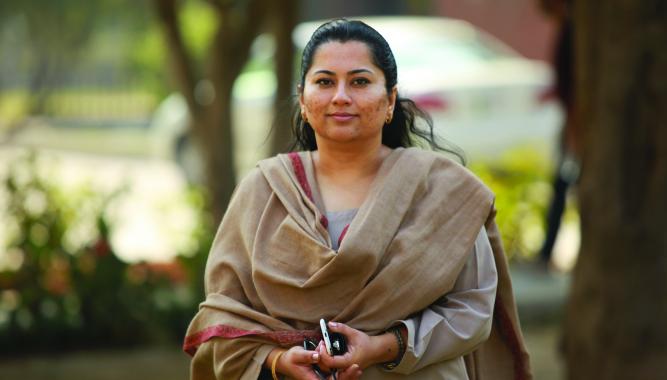
Dr. Zehra Waheed’s new note on Public Sector Project Management in Pakistan: Governance, Process and Issues is now available in the Case Research Centre database.
Note Outline:
What is common between the construction of the Badshahi Mosque and the Control Programme of Epidemics is that they are both examples of public sector projects affecting the populace and society, albeit in different ways. However, this is not to say that every public-sector project has the same level of impact as these two examples, nor that each is as successful in its delivery. Those who take part in public sector projects in Pakistan today are in effect, following a centuries-old tradition of creating public worth through projects, as was the case of the Badshahi Mosque.
Although the profession of project management has emerged, refined and rapidly grown only over the recent four decades, the work of public projects to serve public needs dates back to the development of the drainage system of Harappa (2800 B.C.) to the construction of the Grand Trunk Road by Sher Shah Suri (16th century A.D.) to the laying out of the Indian railroad by the British in the 1850s.
Public sector projects are the essential vehicle available to governments to bring about change and improve the lives of their citizens. The majority of public sector projects in Pakistan are funded through development budgets and international financial assistance for development. This note will focus on projects deemed “projects” and funded and administered as such in Pakistan only.
Cases and notes written at the SDSB faculty go through a double blind peer review process before they are ready for use in the classroom. This note is available to the faculty and can be obtained by sending an email request to: ayesha.khan@lums.edu.pk








